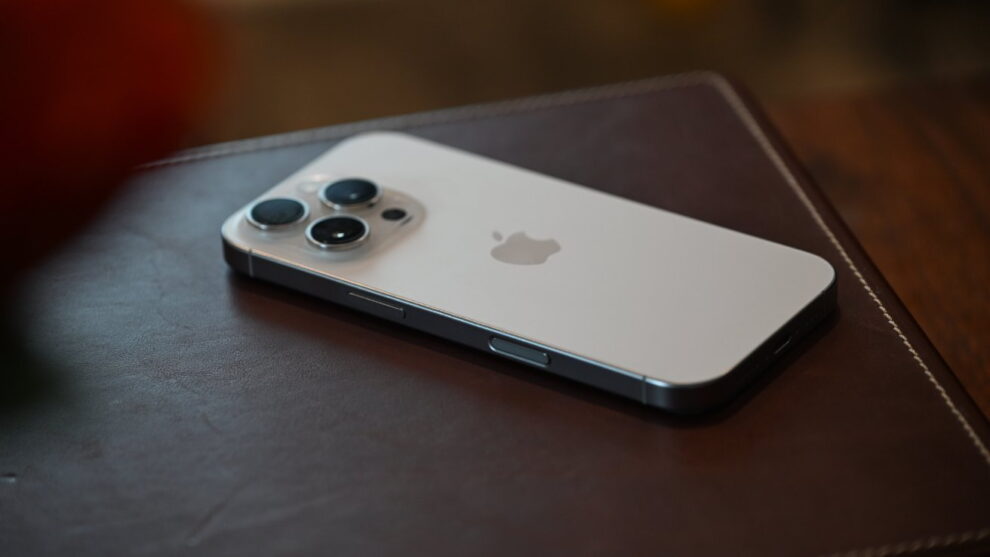Police in Detroit are reporting a mysterious phenomenon where confiscated iPhones are spontaneously rebooting, potentially compromising critical digital evidence gathering. The issue appears to be linked to Apple’s latest iOS 18 operating system, though the exact mechanism remains unclear.
According to internal police documents recently obtained by 404 Media, the affected iPhones are automatically restarting within approximately 24 hours of being removed from cellular networks. What makes this situation particularly intriguing is that the reboots are occurring even in devices placed in airplane mode or stored within Faraday boxes – specialized containers designed to block all external signals.
The implications for law enforcement are significant. When an iPhone reboots, it transitions from what’s known as an “After First Unlock” (AFU) state to a “Before First Unlock” (BFU) state, substantially limiting investigators’ ability to access and extract data. While phones in AFU state are relatively accessible to forensic tools like Cellebrite, devices in BFU state present a much more formidable challenge to investigators.
The Dakota State University Digital Forensics Lab explains that BFU extractions primarily yield system data, with only minimal access to user-generated content. This restriction severely hampers investigators’ ability to gather comprehensive evidence from seized devices, potentially affecting ongoing investigations and case outcomes.

Perhaps most perplexing to investigators is the possibility that these devices might be communicating with each other, even under conditions designed to prevent such interactions. In one documented instance, investigators speculated that an officer’s personal iPhone might have triggered the reboots in seized devices stored in the evidence vault. This suggestion raises questions about potential new security features in iOS 18 that could allow devices to communicate through previously unknown channels.
The Detroit police department’s technical team has been unable to identify the specific conditions triggering these reboots. Their documentation notes, “The specific conditions that must exist for these reboots to occur is unknown and further testing and research would need to be conducted.” This uncertainty has prompted them to issue warnings to other law enforcement agencies, advising them to take preventive measures with devices currently in AFU state.
This development marks a significant shift in the ongoing challenge between law enforcement agencies and smartphone security measures. While companies like Apple have consistently strengthened their devices’ security features to protect user privacy, these apparent automated reboots represent a new level of sophistication in mobile device security systems.
Law enforcement agencies nationwide are now being advised to conduct immediate inventories of devices in their possession and isolate phones that haven’t yet been exposed to iOS 18 devices. This precautionary measure aims to preserve the current state of evidence in ongoing investigations while technical experts work to understand and address this new challenge.
The situation highlights the growing complexity of digital forensics in modern law enforcement. As smartphone manufacturers continue to enhance security features, law enforcement agencies must constantly adapt their evidence-gathering techniques. This latest development suggests that the technical arms race between privacy protection and law enforcement access to digital evidence is entering a new phase.
As this story continues to develop, questions remain about whether this is indeed an intentional security feature of iOS 18 or an unexpected consequence of the operating system’s design. The implications for future digital forensics investigations and evidence gathering could be far-reaching, potentially requiring law enforcement agencies to develop new protocols and technologies for handling seized mobile devices.
















Add Comment